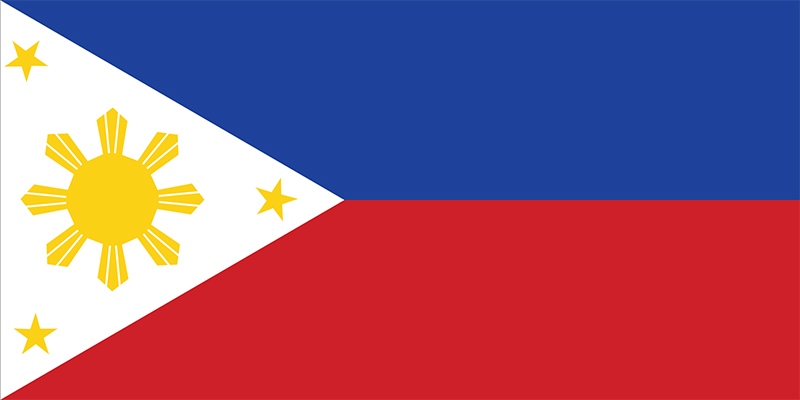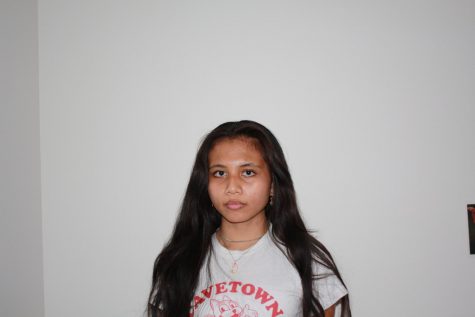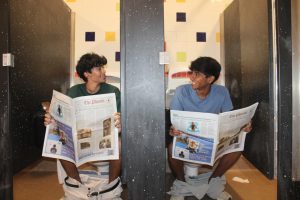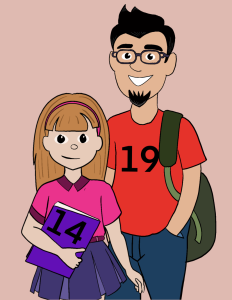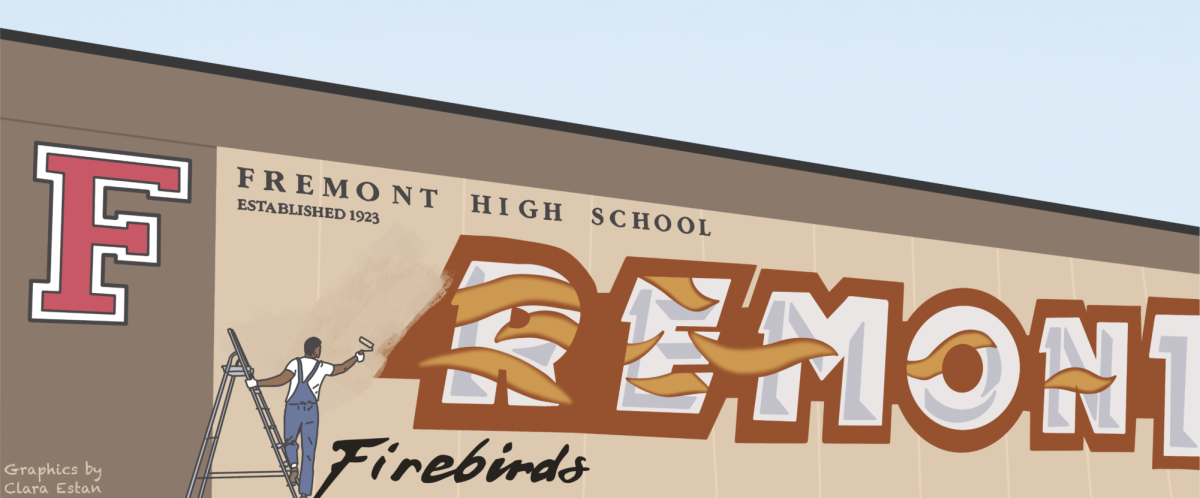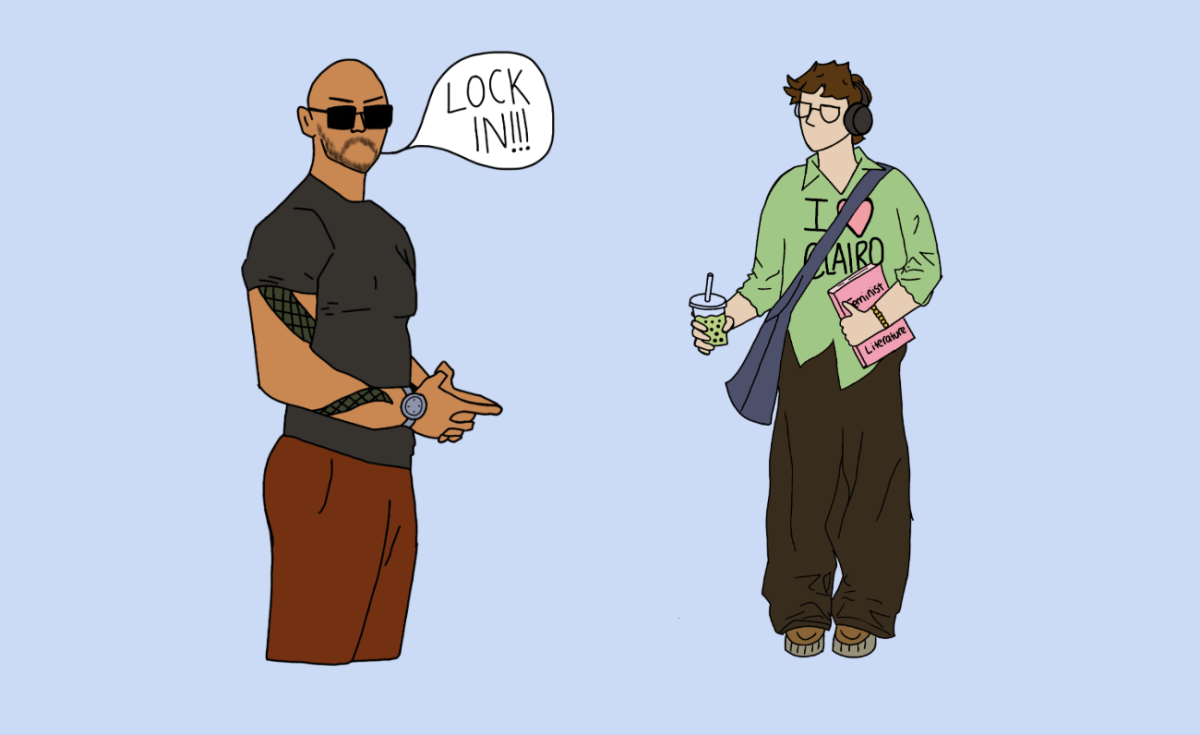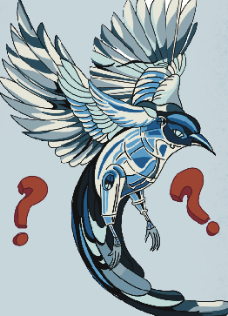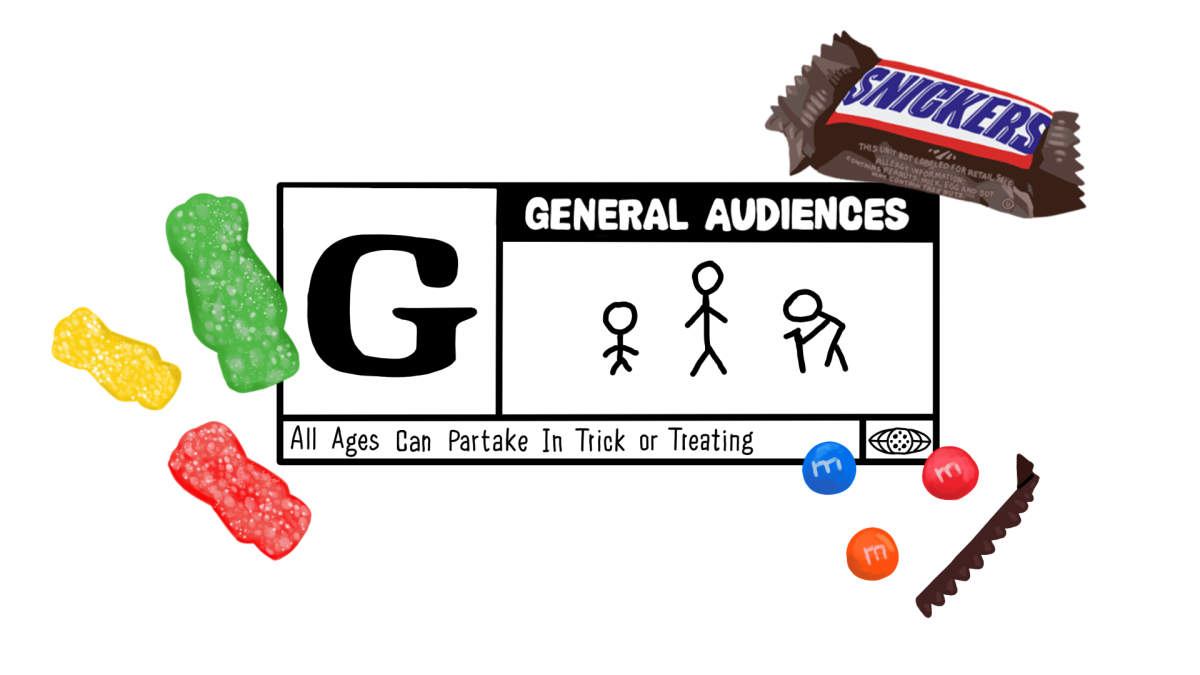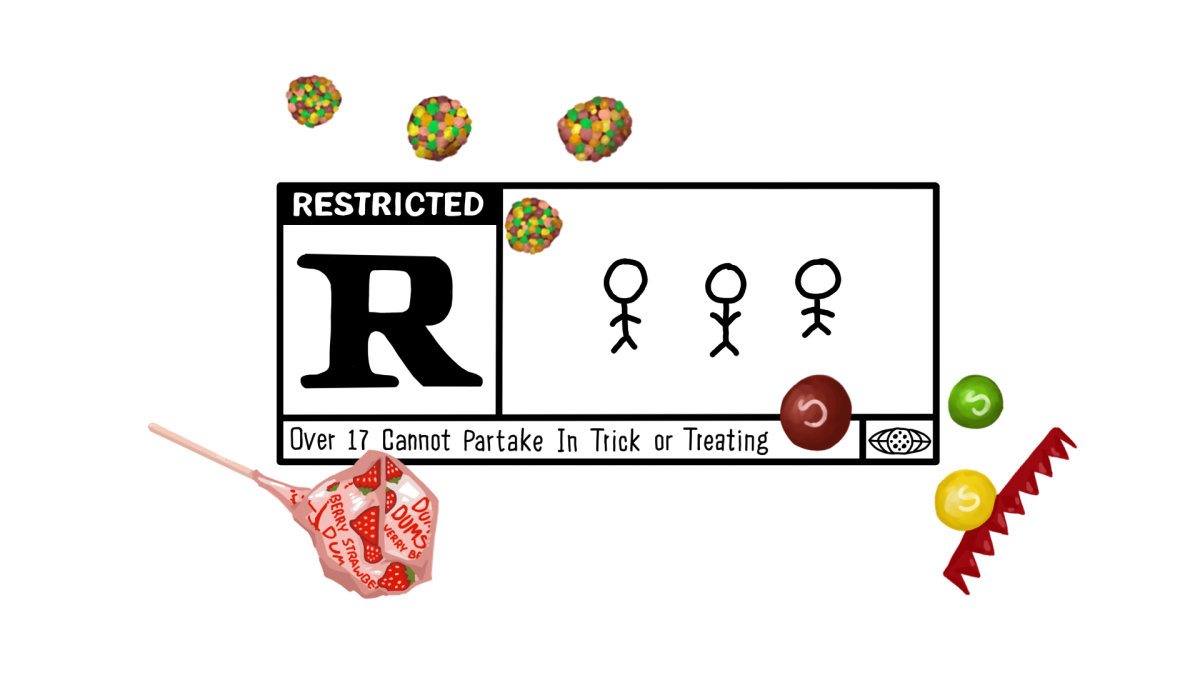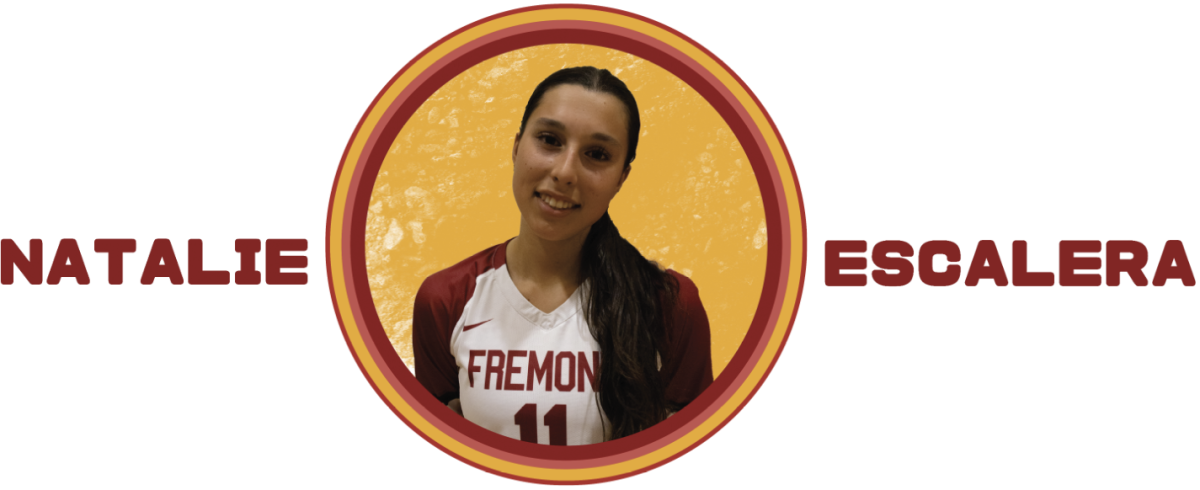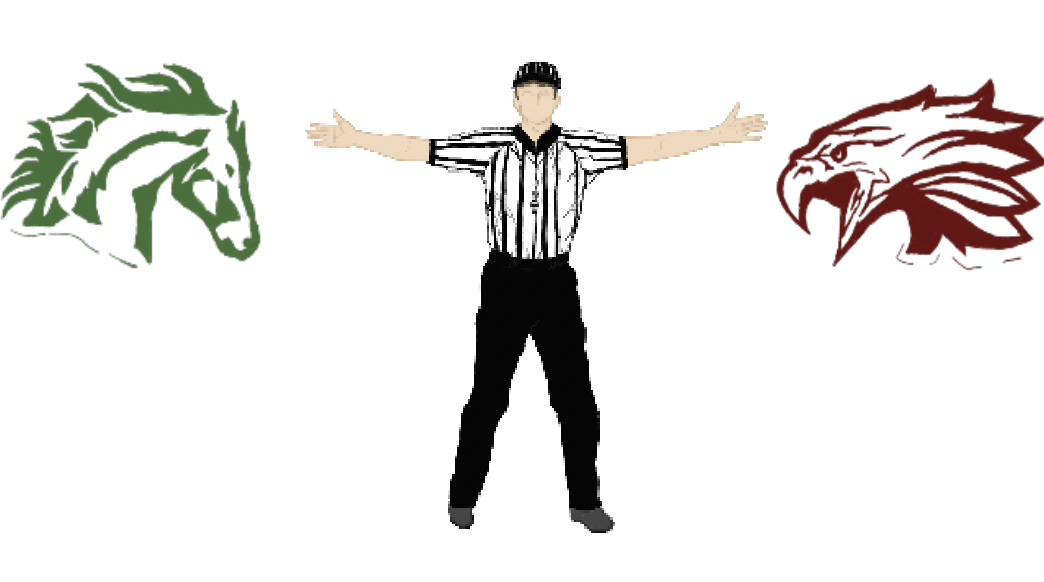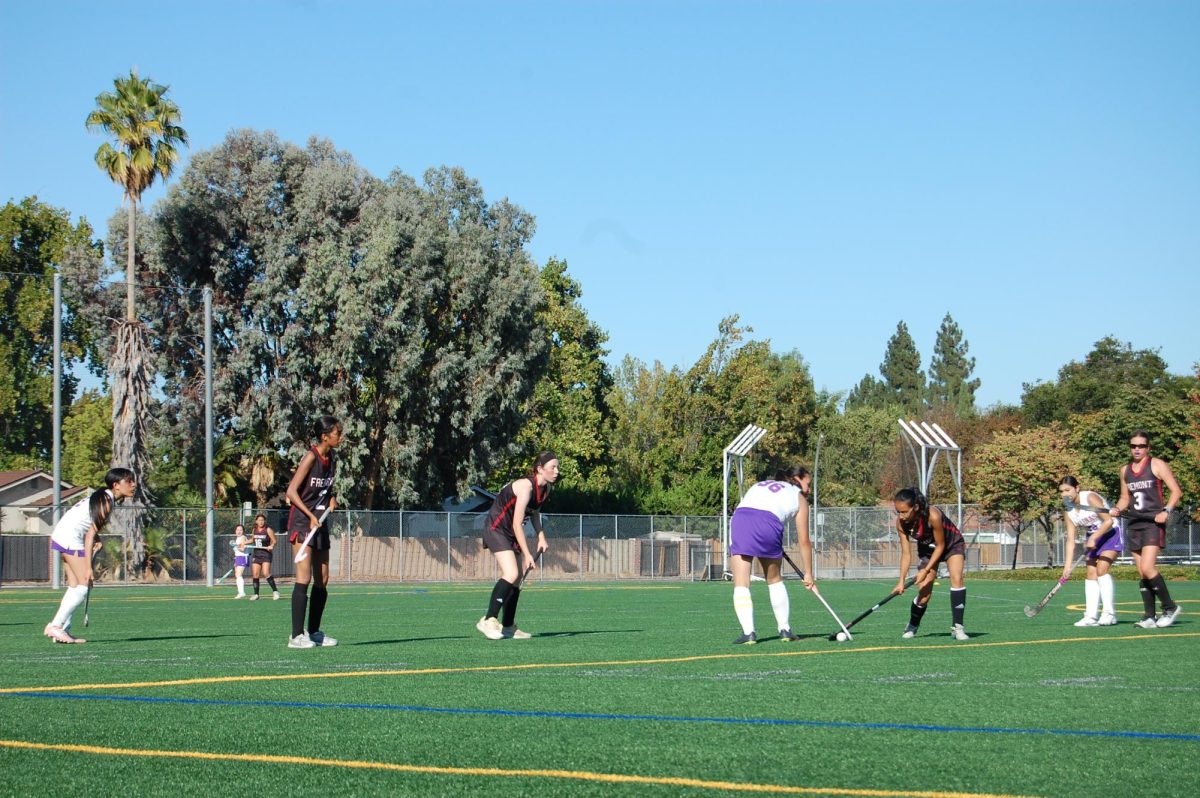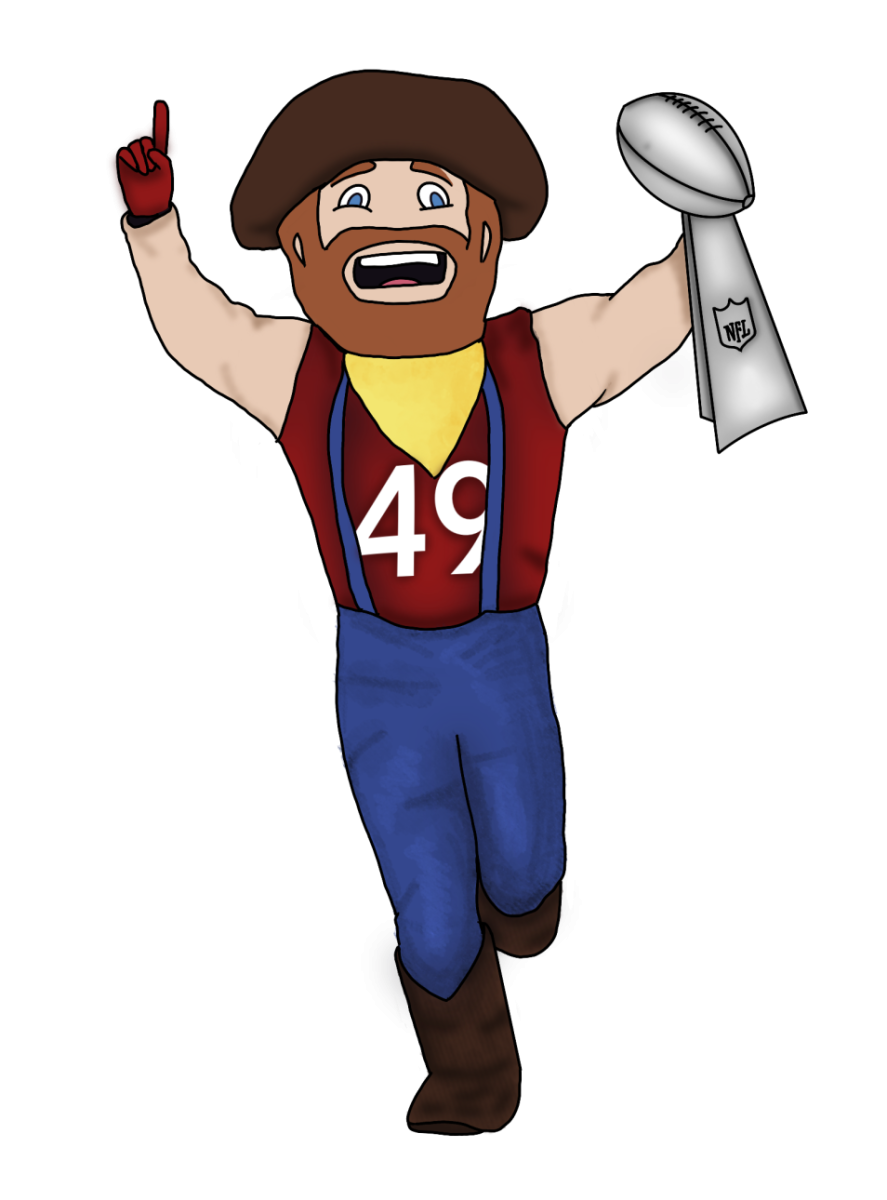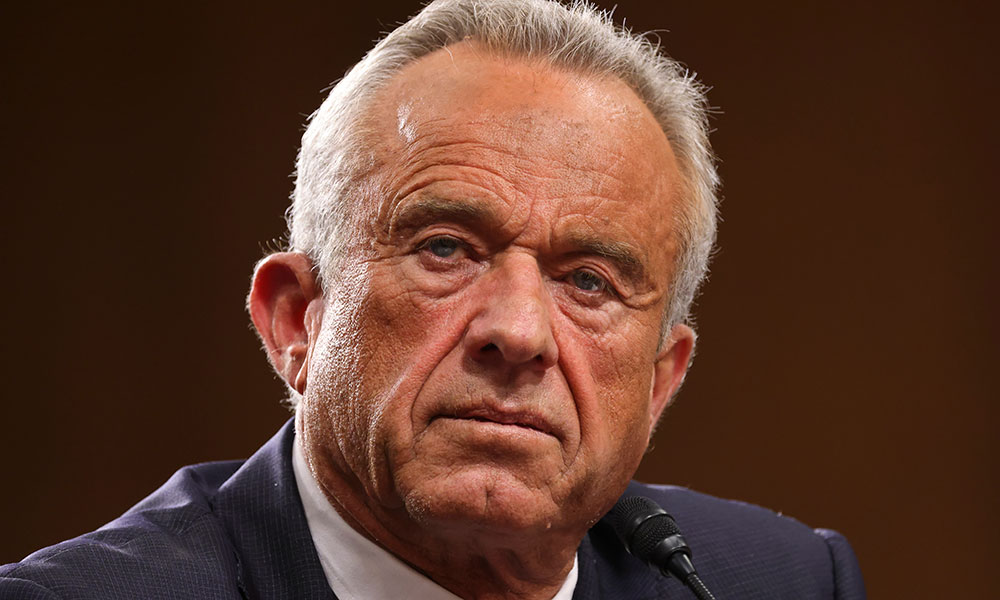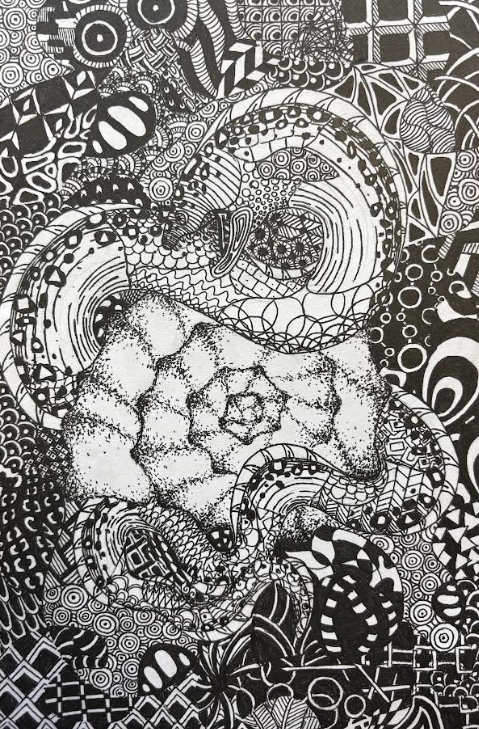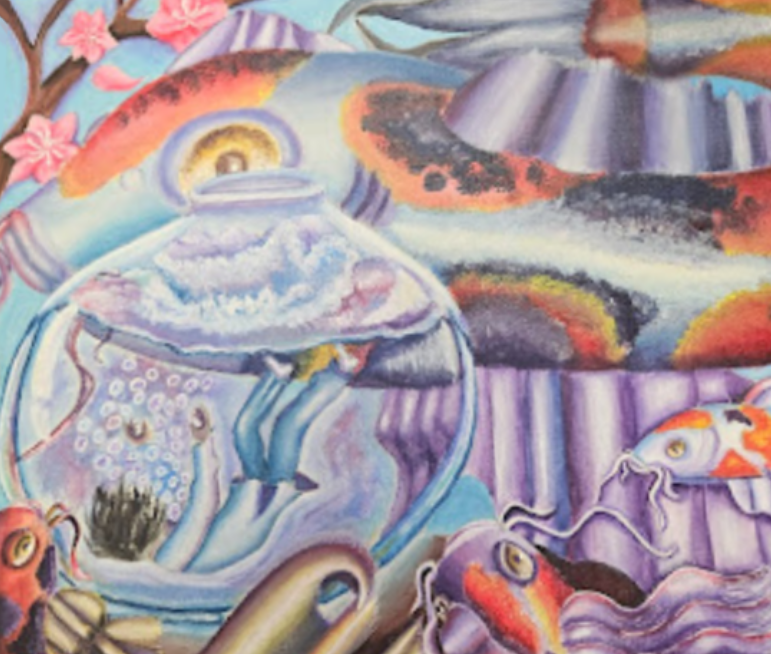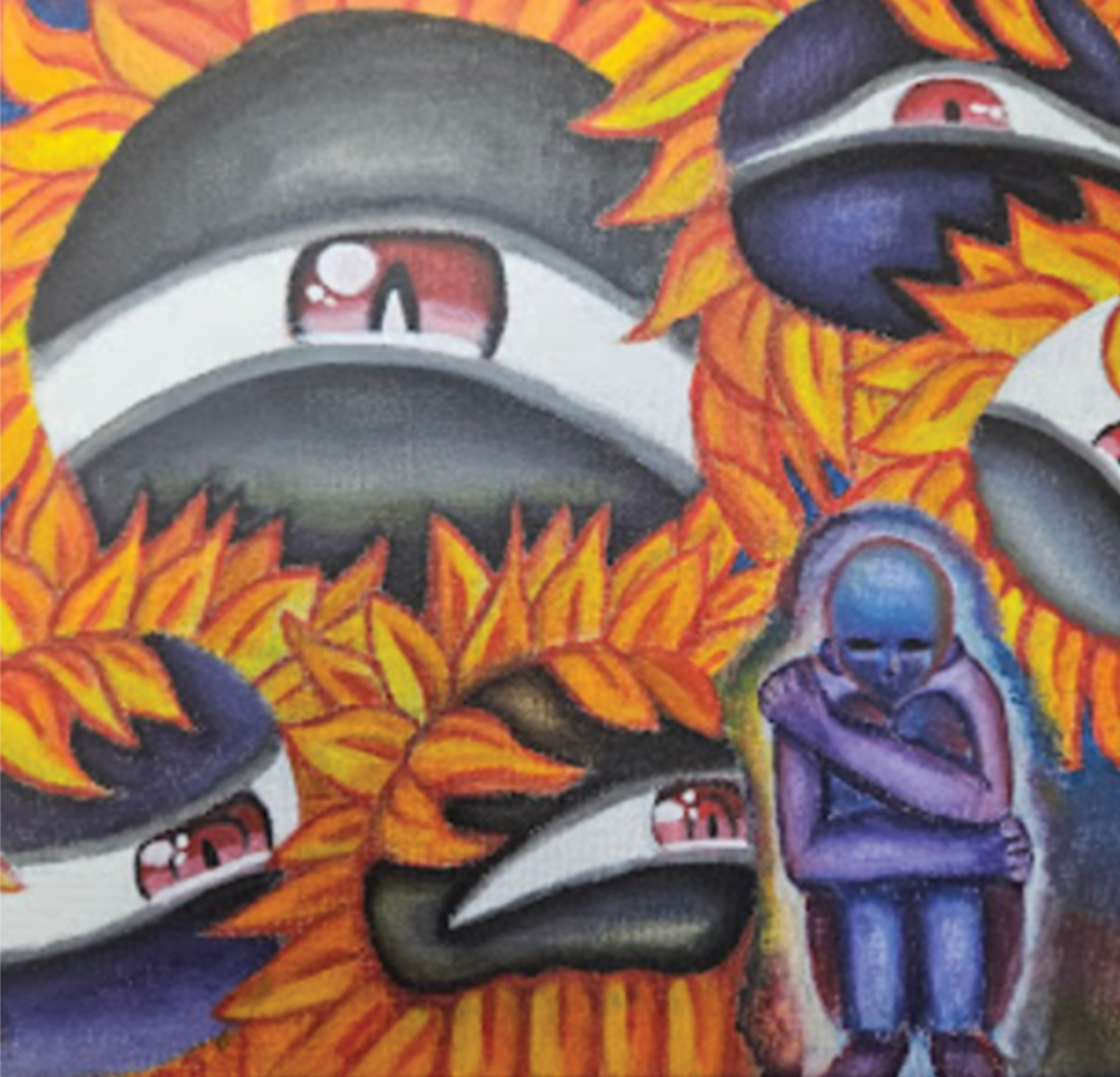Filipino American Heritage Month at Fremont
November 3, 2021
Filipino American Heritage Month is celebrated in remembrance of the first Filipinos to set foot on American land. On Oct. 18, 1587, people from Luzon, the biggest island in the Philippines, passed the Spanish galleon and arrived at what is currently Morro Bay, California. According to the Filipino American National Historical Society, there are specific historical events relating to Filipino Americans that are celebrated annually and differ every year. This year, the theme is to celebrate 50 Years Since the First Young Filipino People’s Far West Convention.
Today, there are around 4 million Filipinos living in the United States and it is the third largest ethnic group in California according to the U.S. Census Bureau’s latest American Community Survey (ACS). At Fremont, Filipinos and Pacific Islanders make up 1% of the student population. However, most Filipinos identify as Asian rather than Pacific Islander.
The gap between Filipino immigrants and Filipino Americans is widening. With Filipino Americans no longer being taught Filipino traditions and Tagalog, many Filipino families see it as a benefit for their children to only know English, in order to conform to America’s standards. This is because many Filipino families fear of discrimination and their own ostracization.
Although there are benefits to only conforming to American standards, many Filipino Americans share the experience of feeling detached from their Filipino roots.
“I feel disconnected [from my Filipino heritage] because my family didn’t teach me Tagalog to fit in with being American,” Filipino-American and junior at Fremont, Jade Agustin, said.
This is why celebrating Filipino Heritage is significant especially to Filipino Americans. Many do this by learning more about Filipino culture, learning Tagalog, cooking Filipino food or educating others about Filipino-American culture.
Filipino Youth Organization is a club at Fremont where students and friends can go to hang out and learn more about Filipino history and culture. They meet every week in B-102, FHS English teacher Chary Salvador’s room.
“There’s a good tendency for our heritage to get watered down or not to be connected to how we came here, and with heritage month it’s not just being culturally aware but also understanding historically, why we are in this country, and how we arrived here and our place in this country, in terms of economics and social norms,” Salvador said.
In order to understand the current state of where Filipino Americans stand socially, it is essential to acknowledge the past.


